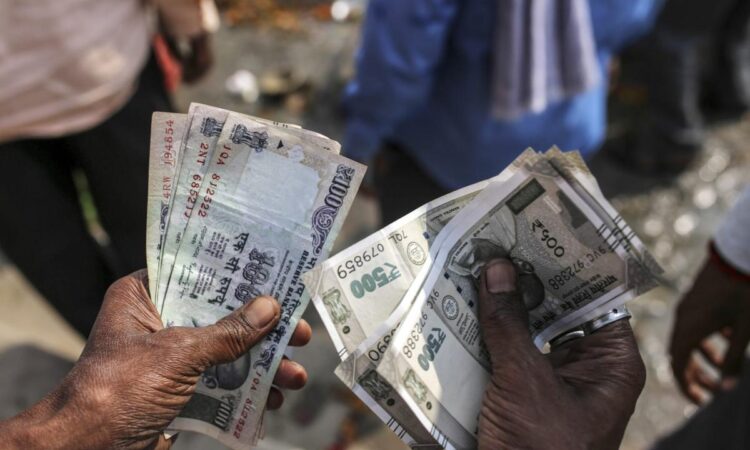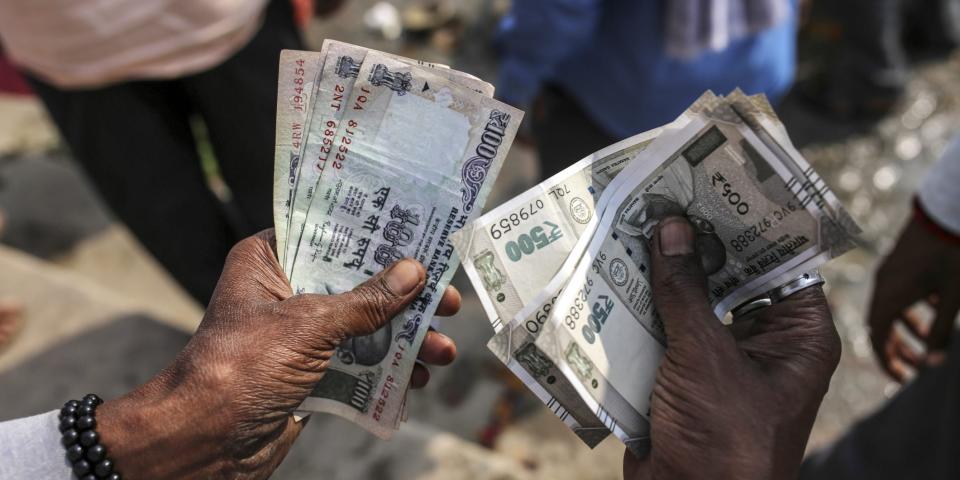Russia and India reportedly halt talks over using rupees for trade, with Moscow preferring to be paid in Chinese yuan


-
Russia and India have suspended negotiations over using rupees for trade, Reuters reported.
-
Moscow, with a high trade gap in its favor, believes accumulating rupee is “not desirable.”
-
China prefers to be paid in Chinese yuan or other currencies.
Russia and India have suspended negotiations over using rupees for trade between the two countries, with Moscow reluctant to keep the Indian currency on hand, Reuters reported Thursday.
The halt in talks deals a blow to Indian importers of cheap Russian oil and coal who were looking forward to a permanent rupee payment mechanism that would help bring down costs for currency conversion.
Russia, with a high trade gap in its favor, believed it would have an annual rupee surplus of more than $40 billion if a mechanism were enacted. Moscow felt that accumulating rupee is “not desirable,” the report said, citing an unnamed official with the Indian government.
India’s finance ministry, the Reserve Bank of India and Russian authorities did not immediately respond to requests from Reuters for comment.
Russia wants to be paid in Chinese yuan or other currencies, a second Indian government official involved in the discussions told Reuters. Moscow has increasingly turned to the yuan to move away from the US dollar after Russia was hit with Western sanctions for invading Ukraine in February 2022.
India began exploring a rupee settlement mechanism with Russia soon after Moscow launched war against the former Soviet state. No reported deals have been conducted using rupees, Reuters reported.
A currency dispute between Russia and India left deliveries of Russian weapons to India on hold, Bloomberg reported last month. The stalemate froze more than $2 billion in payments from India.
One factor that contributes to some countries not needing to hold rupees is India’s share of global exports of goods, which runs at about 2%, the Reuters report said.
Read the original article on Business Insider
